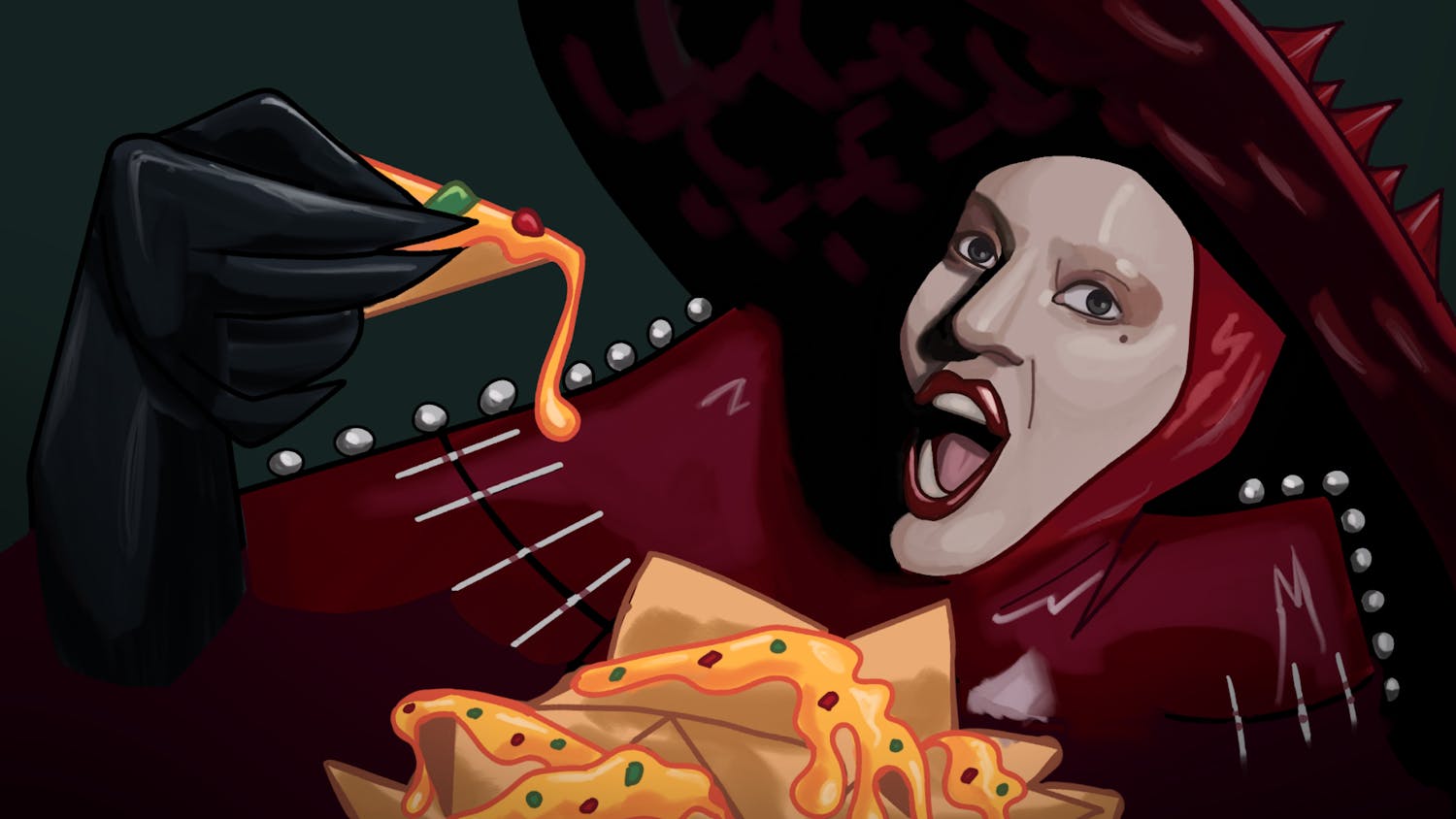Before any of his new songs were released, the announcement of Snoop Doggs’s self-proclaimed reincarnation into the Rastafarian reggae singer Snoop Lion triggered a sense of puzzled amusement and skepticism in the internet-savvy public. Fans of celebrity gossip laughed in the same voyeuristic way they might laugh at Lindsay Lohan’s next arrest, yet Snoop Lion has maintained his enthusiasm. Society’s verdict softened, and it seems Snoop Lion has been granted his chance. Early single “Here Comes the King” was a little annoying, but still just catchy and quirky enough to set high hopes—if not expectations—for Snoop Lion’s debut, Reincarnated. His dedication to the project is admirable, but not enough to make up for the general lack of quality on this album. I wish it weren’t the case, but Snoop Dogg is the superior alias of Calvin Cordozar Broadus Jr.
The name change, the genre change, the documentary following his spiritual journey studying Rastafarianism in Jamaica and the name of the album leave no ambiguity regarding the thematic content of the album. The idea of reincarnation is pummeled into every song, and it does become tedious. The word is abstract and interpretable enough to allow Snoop Dogg some creative space to discuss the concept. Lyrically, the album is entirely dedicated to the notion of replacing the negative with the positive—this seems to be Snoop’s definition of reincarnated. Snoop makes the correct decision of providing several perspectives, focusing in on the individual pieces of this dialectic. From some of these perspectives, Snoop makes affecting arguments, although this does not happen frequently enough. The shifting perspective does at least break the monotony of what would have otherwise been too simplistic of a philosophy to write an album around.
Many of Snoop Lion’s songs focus primarily on negativity, the motivation for his reincarnation. While these songs do serve a purpose in contextualizing Snoop pre- and post-reincarnation, none of these songs are likable. On album opener “Rebel Way,” Snoop painfully discloses that “We’re losing so many great musicians/I want to be loved while I’m here.” While it is a vulnerable confession, Snoop’s morbidity stretches like a raincloud across entire songs, and is at times pitiable and uncomfortable to listen to. Later in the song, he sings, “Time is moving fast/can’t dwell on the past,” a nice sentiment, but one that he doesn’t listen to. Halfway through the album, on the abysmal “Tired of Running,” Snoop spends the entire song—except for the equally bad chorus by Akon—complaining about how sick of his life he is. His claims to have left negativity behind are delusional and unrealistic, and Snoop seems to be under the impression that if you change your name and genre and get Major Lazer to produce a bunch of your tracks, you can will yourself into reincarnation. It wasn’t compelling back when The Secret was published, and it isn’t compelling now.
Then there are the songs that focus on positivity. If reincarnation is about eventually reaching enlightenment, Snoop Lion might have to cycle through a few more animals first. In a few of these songs, Snoop Lion’s method of rejecting negativity is to focus on hedonistic pleasures, which sounds like an acceptable premise—until the lifeless beats of “Fruit Juice” kick in, bringing with them the sad realization that Snoop is probably going to need something stronger than fruit juice if he really wants to forget his past. Towards the end of the album, “Remedy”’s slinky beats and Busta Rhymes verse delivered in a fake Jamaican accent continue the notion that sadness can simply be obliterated by loud catchy music, and it is almost successful. Another variation on this theme, “Smoke the Weed,” makes the least compelling pitch for marijuana I have ever heard. A song written about animal tranquilizers could be more lively than this. “Lighters Up” employs a simple and seductive bass line throughout and some ominous dancehall horns that give voltage to the chorus, while “The Good Good” channels some comforting Jack Johnson sentimentality that is barely shy of sickeningly sweet. These are among the only songs that indicate that Snoop Lion actually achieved his reincarnation.
The album does have a handful of moments that transcend the “reject the bad, embrace the good” mentality that plagues this album. “No Guns Allowed” achieves a pleasant balance between its uplifting rejection of violence and lamenting that violence exists in the first place. Drake spins a short but very good verse, and the sampled Beirut loop adapts well. There is one clear standout on this album: “Ashtrays and Heartbreaks,” a powerful pop song that details Snoop Lion’s intimate way of remembering loved ones that have passed away. At only twenty years old, Miley Cyrus can’t have experienced that much loss, yet she sings the melancholy yet invigorating chorus of “so raise a glass to the memories/set 'em free and fill up all those ashtrays” with enough conviction to make me want to forgive her for Hannah Montana. These songs succeed because they do not get caught in the frustrating and ill-conceived concept that bogs down this mediocre album. Snoop Lion may not have delivered a good debut, but he did deliver a few very good songs. They are enough to push Reincarnated past the threshold of being a worthwhile listen.





